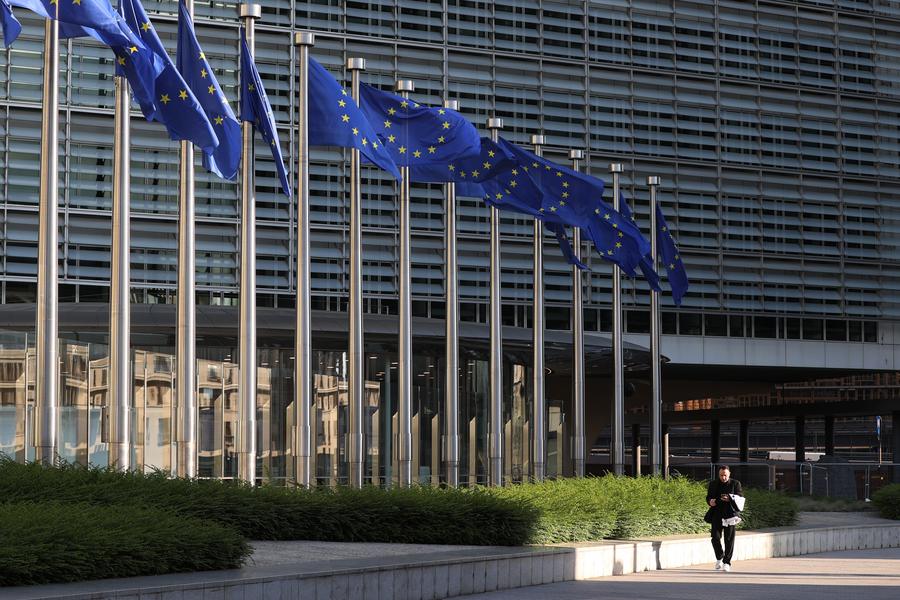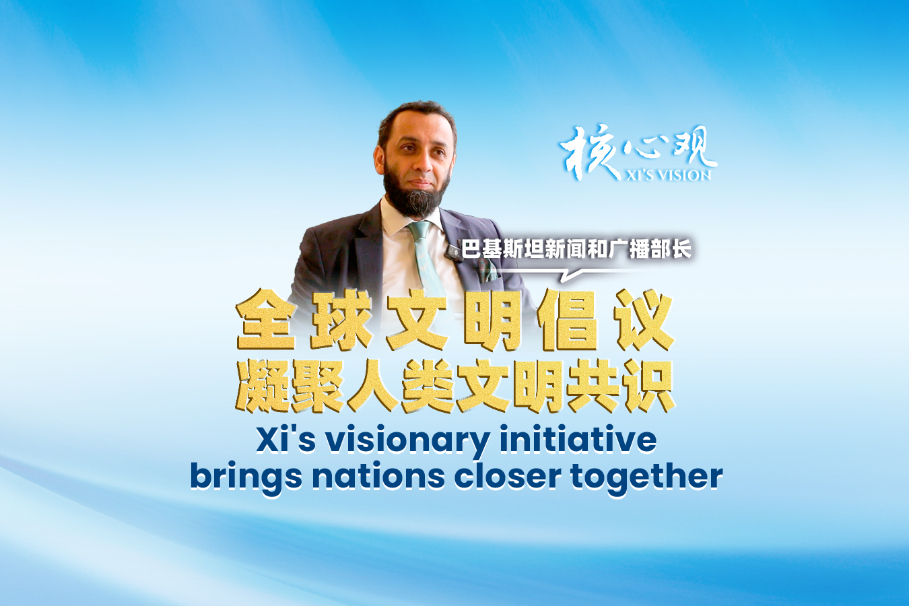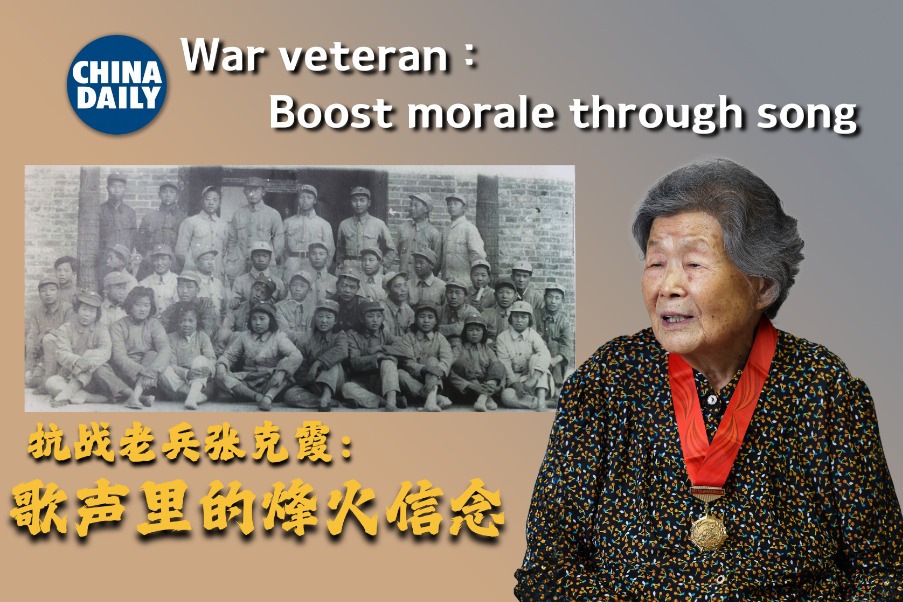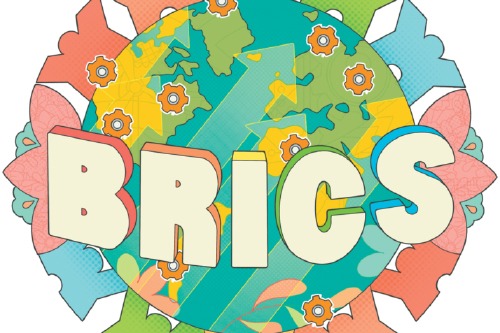US' secondary sanctions no use in ending crisis


Some European politicians were jubilant after US President Donald Trump made a U-turn on the Russia-Ukraine conflict on Monday by threatening to impose secondary sanctions on Russia in 50 days and vowing to continue supplying weapons to Ukraine — and adding that European NATO members would pay for it.
European leaders have been frustrated with Trump over his reluctance to support Ukraine and his cozying up to Russia. In particular, they were infuriated when Trump humiliated Ukrainian President Volodymyr Zelensky during a live broadcast from the White House in late February.
However, Trump's 180-degree turn on Monday is being seen by some as his return to the policy of his predecessor Joe Biden, who turned the conflict into a proxy war between the US and Russia.
Trump had promised during his presidential campaign to end the conflict in 24 hours after assuming office. In reality, it has turned out to be a far more complicated issue than he expected because of the totally diverse conditions laid out by the parties involved.
The Biden administration had repeatedly rejected ceasefire and peace talks because its goal was to weaken, and ultimately defeat, Russia. The European Union had been parroting the same rhetoric in the recent past. But once Trump took office, EU politicians, too, started talking about a ceasefire and putting an end to the conflict, in order to please Trump.
The ceasefire conditions that are acceptable to Trump and the EU leaders are also quite different. Many Europeans believe that the conditions laid out by Trump mean Russia will emerge the winner. That's why when Trump, Vice-President JD Vance and Secretary of Defense Pete Hegseth all ruled out NATO membership for Ukraine, no EU leaders were willing to accept that scenario, at least publicly.
Many of them still want to escalate and prolong the conflict in a bid to ensure Ukraine prevails against Russia on the battlefield. But that has proved to be wishful thinking despite the intensive military and economic support to Ukraine by the US, the EU and some other Western economies.
US and EU leaders have vowed to impose "crippling" sanctions on Russia since 2022. A report by the New York-based Council on Foreign Relations on Monday said sanctions have inflicted some pain on Russia's economy, but they have failed to halt Russia's military operations. In contrast, Russia's GDP actually increased by 3.6 percent in 2024, much more than that of the US and many other Western countries.
The EU's failure to approve the 18th sanction package this week due to the veto by Slovakia is a reflection of the fatigue among many European countries and their frustration for the lack of diplomatic wisdom to resolve the crisis.
The secondary sanctions threatened by the US administration are absurd, because they will not punish Russia but its major energy trade partners such as China, India, Turkiye and even the EU. While blaming others for buying Russian oil and gas, the EU still spends a lot more money buying Russian fossil fuels, mostly LNG and pipeline gas, than the economic aid it has provided to Ukraine.
The most likely scenario to emerge would be a change in the situation and the US' decision during the 50-day period. Otherwise, it will cause havoc on the global oil market and global economy given that China and India are major economies today.
The EU has been a successful peace project. But its rhetoric, describing Russia as an existential threat that has plans to invade many European countries, is dangerous and has made it even more difficult for the EU to change its strategy.
I hope the US administration succeeds in helping end the Russia-Ukraine conflict. But it cannot do so by threatening to impose secondary sanctions on Moscow. Rather, patient and intensified diplomacy and negotiations are required to resolve the crisis. The EU, too, should switch to diplomacy and direct engagement with Russia, instead of being overexcited with the US' latest policy change, to end the conflict, whose course could very well change many a time over the next few weeks and months.
The author is chief of China Daily EU Bureau based in Brussels.
chenweihua@chinadaily.com.cn


































